Language
- Deutsch
- English
- Español
- Français
- Italiano
- Nederlands
- Português
Currency
- AUD Australian Dollar
- CAD Canadian Dollar
- EUR Euro
- GBP Pound Sterling
- SGD Singapore Dollar
- USD US Dollar
- ZAR Rand

Having been in the safari business for almost three decades, one of the most frequent questions we receive is, “Why are African safaris so expensive?” It's no secret. A safari won't be the cheapest holiday you'll ever go on, but it's one of the most exciting and memorable vacation experiences you'll ever have. It's truly a life-changing adventure that stirs your soul in a profound way.
Africa is a magical continent, and those who love it find themselves returning time and again. Yes, it may be expensive compared to other travel destinations, but you will be hard pressed to find a visitor to Africa who didn't believe it was worth every penny.
But why are safaris so expensive then? Well, Africa is considered an expensive destination for three main reasons: lack of infrastructure, complicated logistics, and high staff to guest ratios. Add to these factors a tourism policy that promotes ‘high price-low density’ to protect fragile ecosystems from mass human traffic – the way Botswana protects the Okavango Delta – and you have a fair picture of what influences the cost of a safari.
But if you're still wondering what makes African safaris so expensive, let us unpack this question even further…
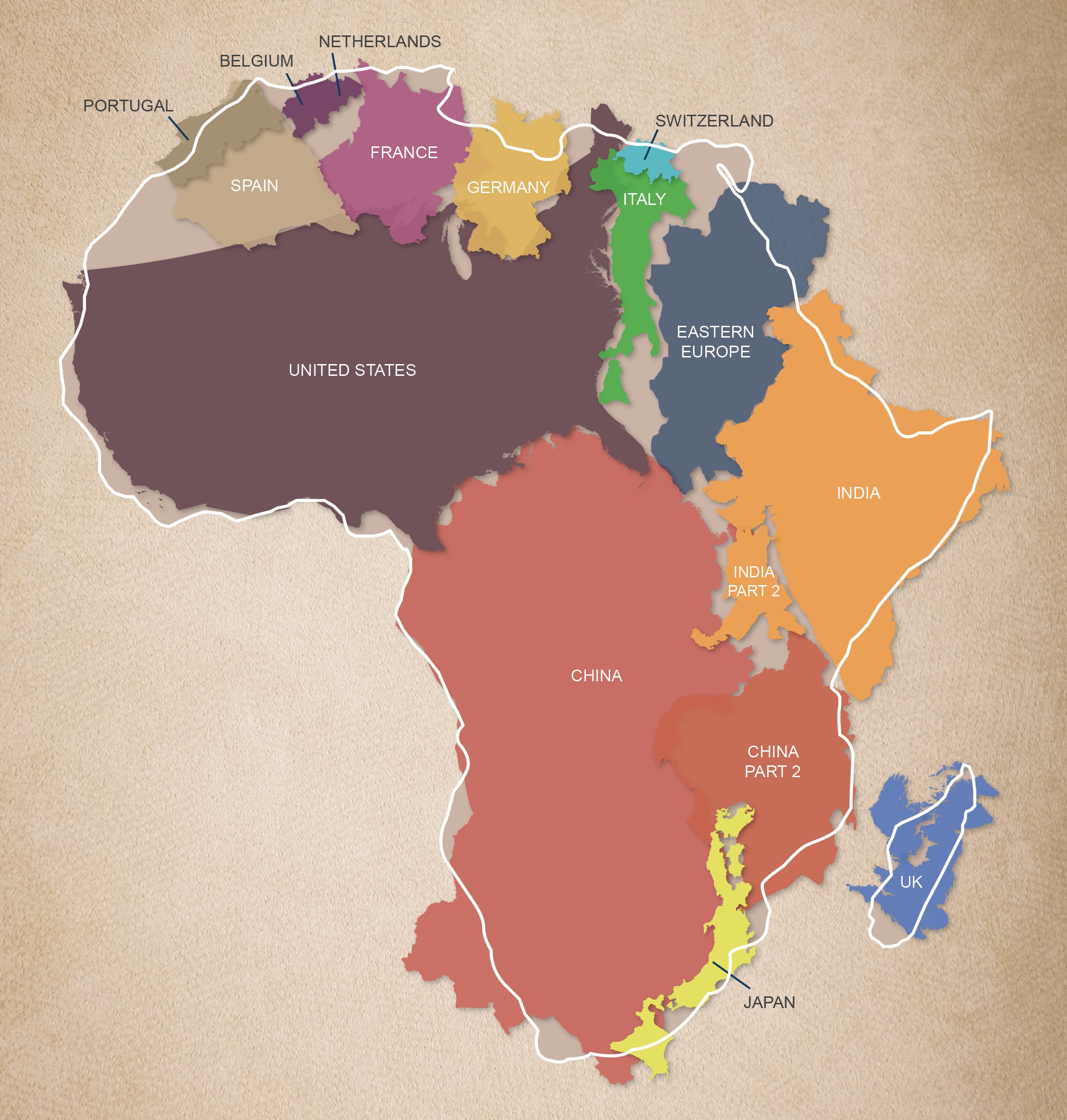
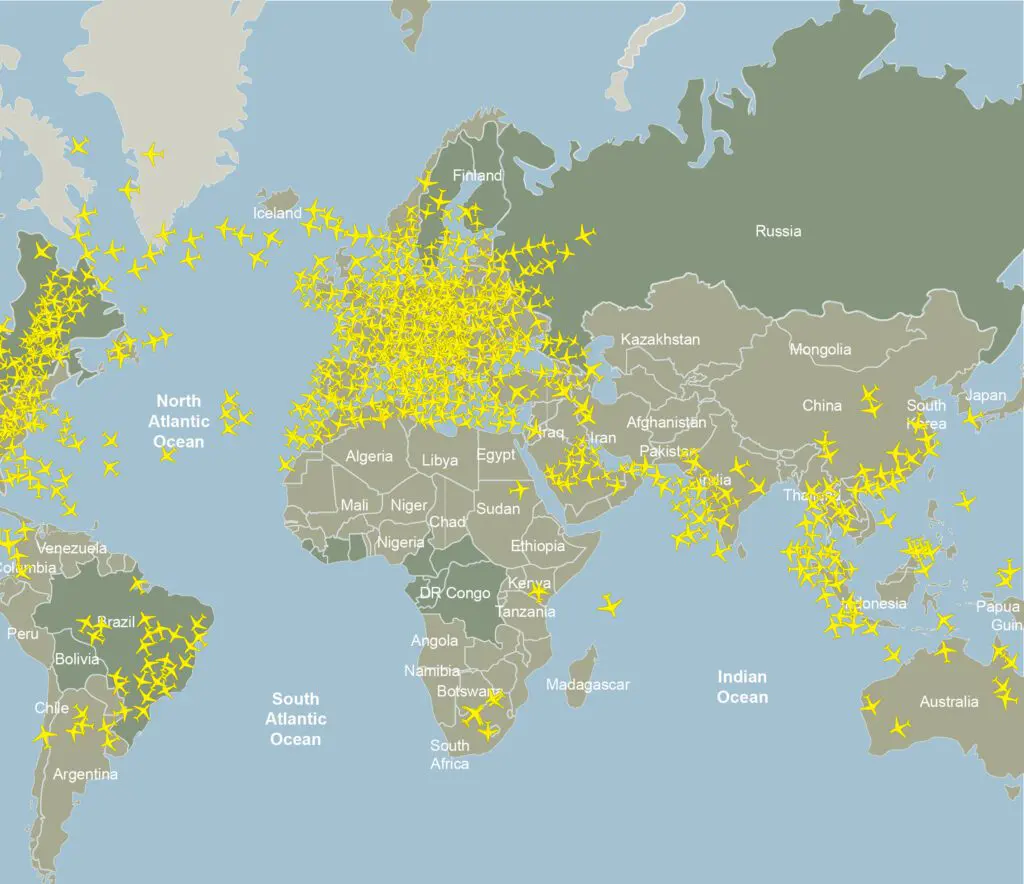
Travelling within Europe, the US and Asia is relatively cheap because there is incredible infrastructure (airports, highways, railway lines, hotels) and many companies all competing for your pounds, dollars or euros. This helps keep prices down. These areas are also very popular with tourists, meaning economies of scale come into play.
Africa, however, is a totally different kettle of wildebeest. Beyond the capital cities of many countries, there are no airports, only airstrips suitable for light aircraft. This means only a handful of guests can arrive and leave at a time. There are no enormous tankers of jet fuel at the airstrips for easy refuelling – every drop must be trucked in at enormous expense. Roads may be dirt and subject to being washed away in heavy, seasonal rains or floods. Getting a grader out to the Serengeti to remake the road takes serious logistical planning, not to mention a big chunk of change!
Unlike Europe and the US, infrastructure is limited – there are no trains, buses or low-cost carriers travelling regularly between the different locations. Private operators fulfil the transport element in most African countries for things like road transfers, charter flights and day tours. Similarly, Africa has limited airlines so inter-Africa travel can be costly. In many cases, there is only one airline operating a route and on limited days of the week – this is usually what makes African safaris so expensive.
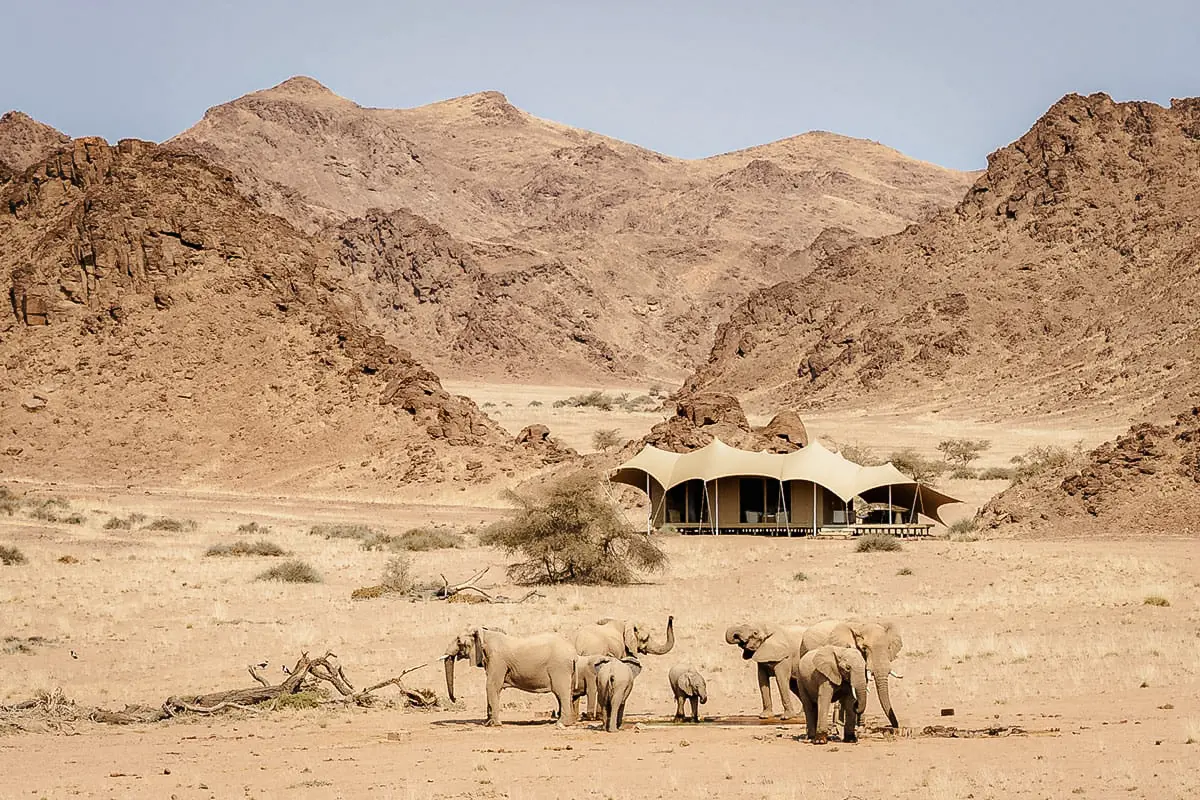
Once you have arrived at your safari lodge or camp, you are miles and miles away from cities – which means camps need to fend for themselves. Every grain of rice you eat, a bottle of beer you drink, a drop of soap you use, the mattress you sleep on, and the fan that keeps you cool was hauled across thousands of kilometres of poor roads and taken on ferries across rivers. Generally, you can fly to a camp in about two hours, but it can take two days to drive supplies there – and flying it in is even more expensive!
There is simply no opportunity to just nip out to the store – the nearest shop might be over 200 kilometres (124 miles) away along a little-used road. Keeping a safari lodge up and running takes extremely careful logistical planning because they are so isolated. This makes their operational costs very high and what makes African safaris so expensive.
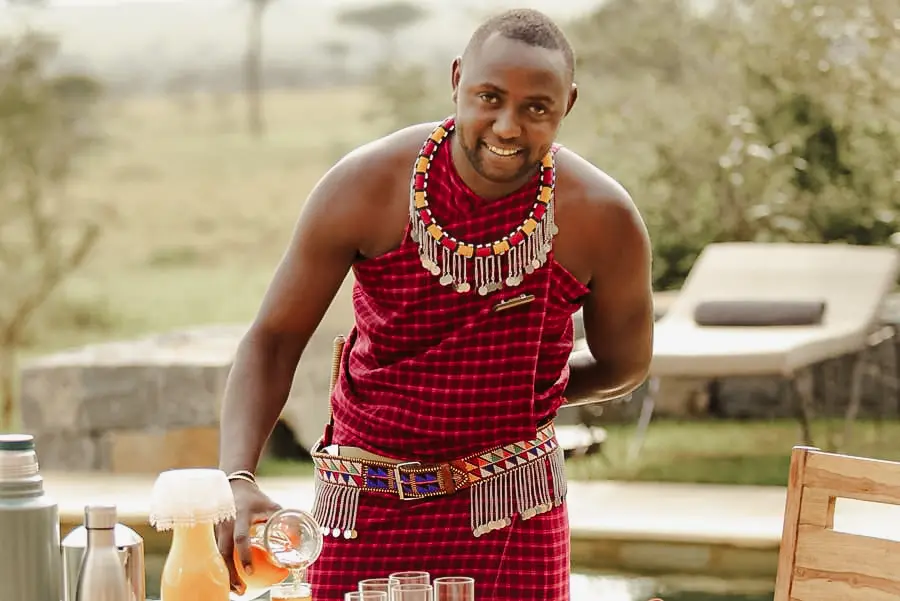
Then there is the element that can make or break your holiday: the staff. Staff-to-guest ratios at many safari camps can run at 5-to-1 or higher. At high-end hotels in first-world countries, you may not encounter staff beyond a bellhop, concierge, possibly a maid and maybe a barman or waiter – and they all leave at the end of the day to return home.
In Africa, most staff live on the safari lodge's premises, which means all their meals, laundry, accommodation, uniforms, toiletries, entertainment, transport, and medical attention must be provided. In addition, many camps offer services like private butlers, babysitters, private guides, birding experts and complimentary laundry, which means additional staff. With more lodges now starting kitchen gardens to supply the chef with just-picked ingredients, gardeners also have to be employed. And this is before we consider ‘behind the scenes' staff like builders and maintenance men to ensure the generators and solar panels keep working, anti-poaching units and housekeeping!
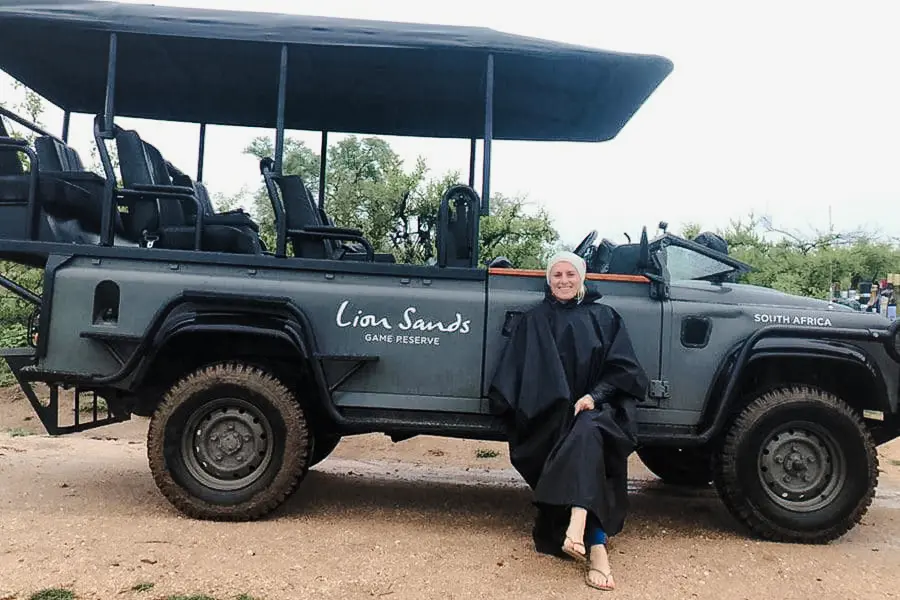
It takes a big team of staff to maintain a safari lodge or camp – guest-facing managers, butlers or camp hosts, housekeeping, your highly trained and skilled wildlife guides, a maintenance crew who works to ensure the camp's looked after (bulbs changed, boardwalks mended, etc.) as well as mechanics who service the specialised 4×4 vehicles to ensure they all run properly for your game drive. Not to mention the kitchen crew preparing your meals!
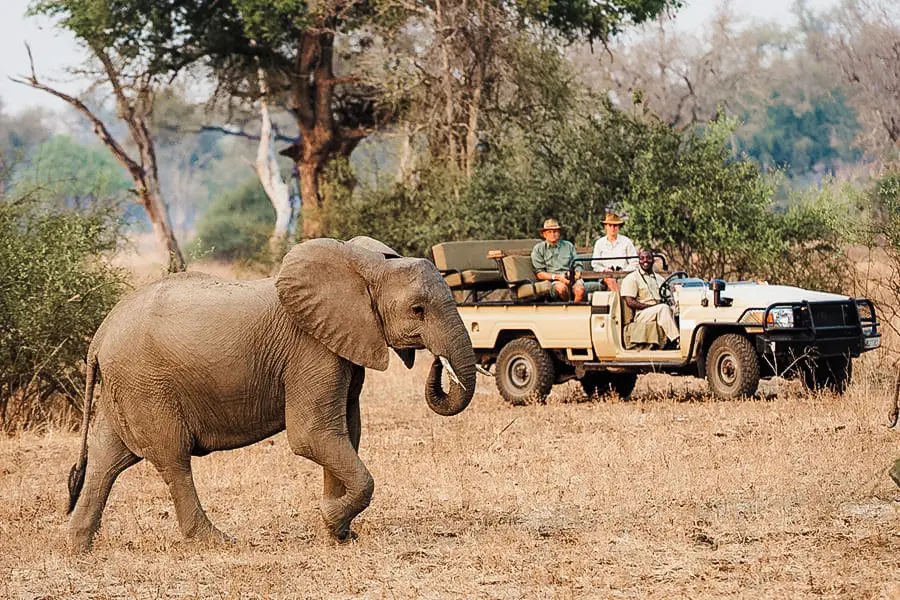
Visitors to any national park, game reserve and conservancy in Africa must pay a conservation fee for every day spent inside these areas. This is how the extensive management of these protected areas is financed.
Conservation fees are worked into the cost of your safari and get transferred to national parks and private or indigenous landowners. By paying these tariffs, you directly finance wildlife conservation and give local communities a tangible incentive to help protect Africa's magical ecosystems. On the face of it, these fees can be what makes African safaris so expensive when you receive cost estimates.
Most safari lodges and camps came into existence for the purpose of land and wildlife conservation, especially in private game reserves and conservancies. Preserving the land and wildlife takes time, effort, money and manpower – e.g., anti-poaching units. To help preserve the ecosystems and wildlife, your stay contributes largely towards conservation programs and community upliftment initiatives.
In most safari destinations, your travel spend at a lodge or camp provides much-needed employment to local communities, reducing the need or desire for poaching.
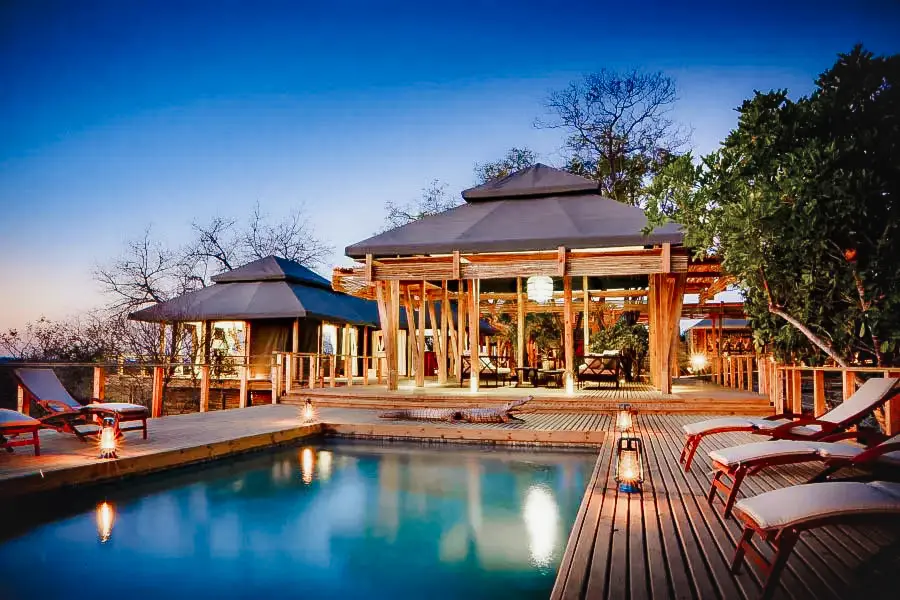
‘All-inclusive' means that you pay a set daily rate per person that includes your accommodation, meals, snacks, standard drinks, plus your general game-viewing activities. This is usually what makes African safaris so expensive at first glance. The truth is, all-inclusive safaris actually offer excellent value for money.
In most cases, you'll be in a remote location, which means the safari camp has to provide almost everything – there are no restaurants to order meals from. So initially, the cost of accommodation on a safari can seem like a lot, especially when compared to a stay at a hotel which only offers breakfast. But it's important to bear in mind that this initial cost covers more elements, so you don't spend as much during your stay at the safari lodge. Here's what's usually included and excluded:
| Included | Excluded | ||
|---|---|---|---|
| Your room, tent or suite at a safari lodge or beach resort | Tips, park and conservancy fees | ||
| Breakfast, lunch, dinner and snacks | Additional meals and snacks, e.g., stopping at a café or restaurant during road transfers | ||
| All standard drinks (soft drinks, beer, wine and regular spirits) | Rare or imported drinks | ||
| Standard activities such as game drives, guided nature walks and non-mechanised water sports | Special activities, e.g., hot-air ballooning, cultural tours or deep-sea fishing | ||
| Selected road transfers from local airstrips to safari lodges | Flights |
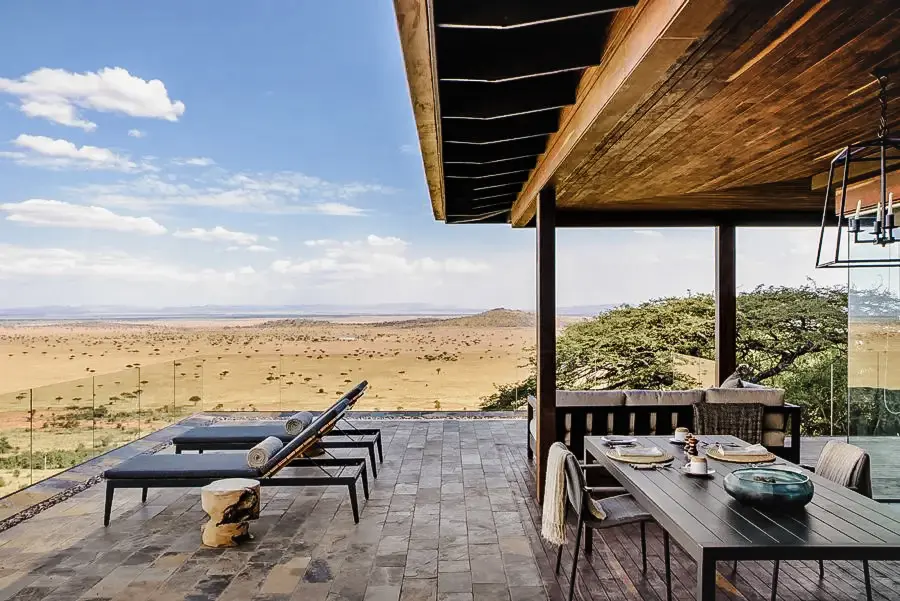
It goes without saying that the more luxurious the lodge or camp, the higher its operation and maintenance costs are – which means higher accommodation rates for guests. Many tented camps mirror the grandeur and opulence of safari's romantic heyday, while others have completely reinvigorated the safari lodge, offering a brand-new take on African aesthetics, authenticity and luxury.
It's not uncommon for the top luxury safari lodges in Africa to boast flourishes like Victorian bathtubs, wood-burning fireplaces, air-conditioning, top-of-the-range vehicles, and contemporary gourmet dining overlooking some of the world's wildest and most scenic settings. And, of course, all that comes at a higher price tag than the more affordable African safari options.
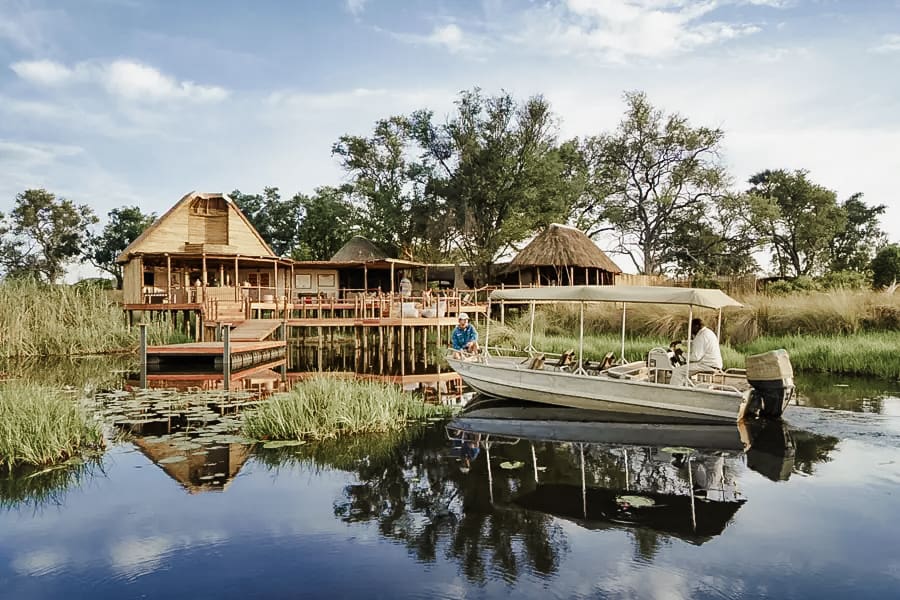
If you've ever tried to book your safari directly versus booking with a safari company, you've probably wondered, “Why are safaris so expensive?” Well, when you book with a reputable safari travel company, you will get the best value.
A longstanding safari company like Go2Africa has built trusted relationships with Africa's best safari operators, which allows you to receive the best negotiated rates and unsurpassed value possible, without affecting the quality of your itinerary.
Get in touch with our team of Africa Safari Experts to help tailor-make an itinerary that's right for your personal travel wishes and budget: